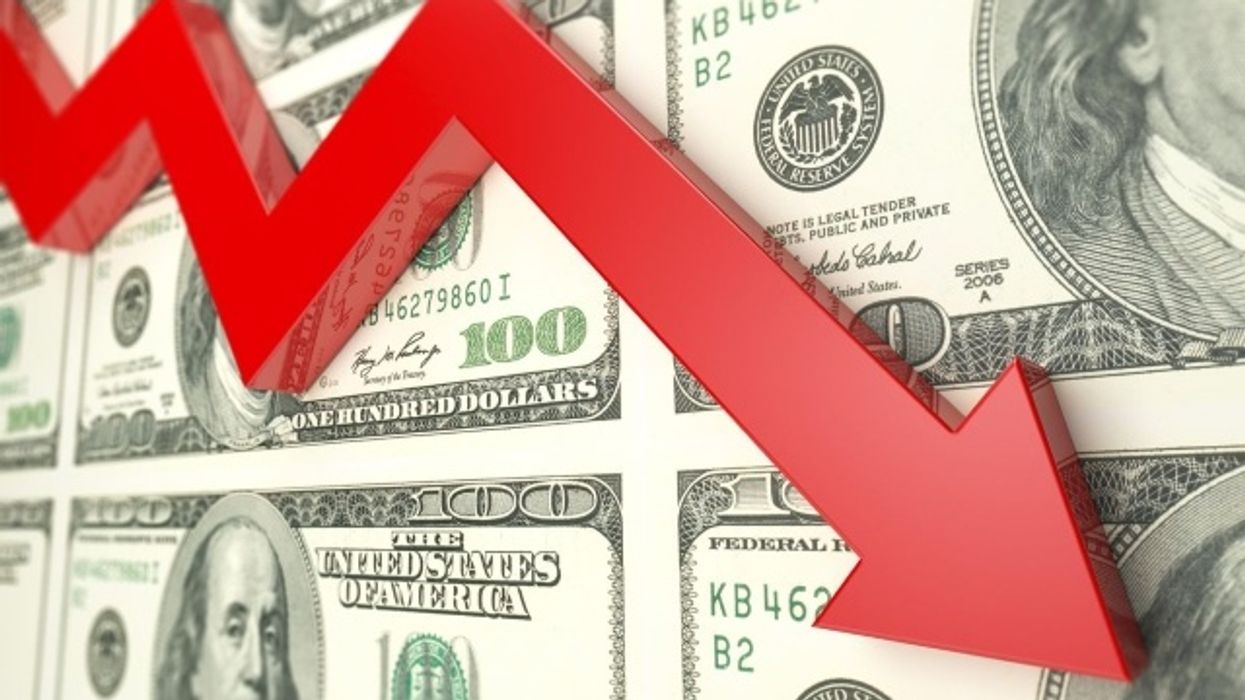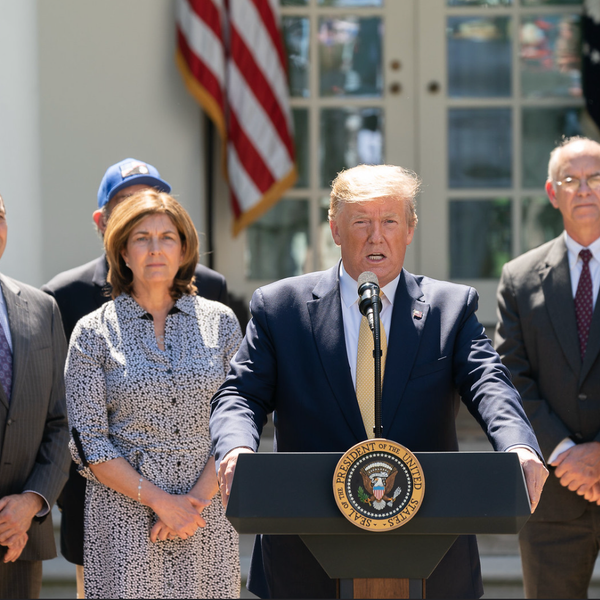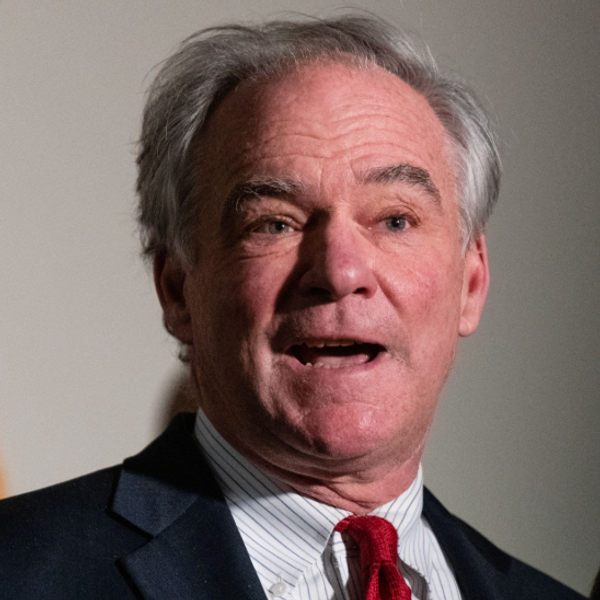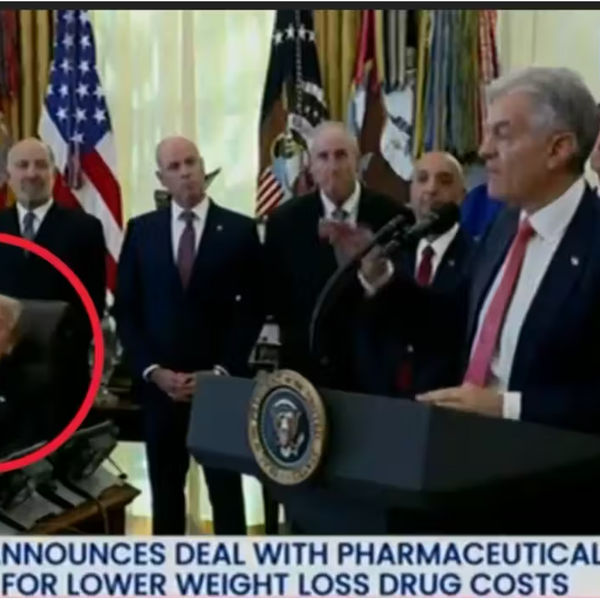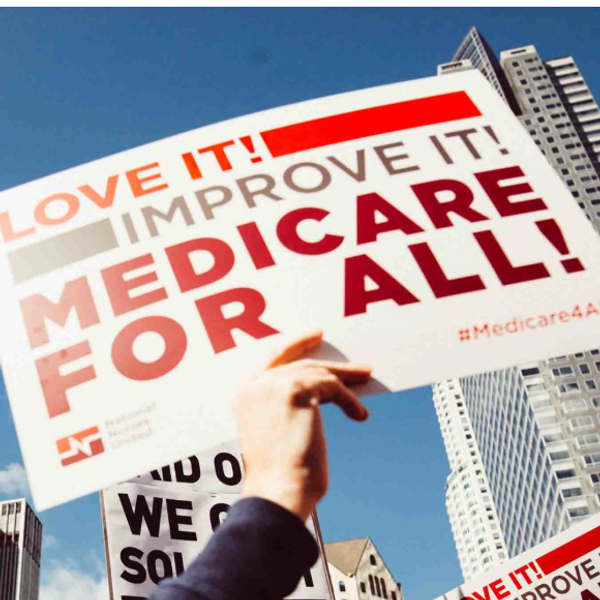Ignore Trump's Distractions -- This Is His Economy Now
Many people have complained about New York Times headlines, with reason. All too often an equivocating, sanewashing headline belies the excellent reporting that follows. But yesterday the Times got it right about the first-quarter decline in GDP: “Trump boasts about the economy, but says weak data is Biden’s problem.”
There will be much more of this as the data get worse, which they will. (I’m going to keep treating “data” as plural unless it refers to a Starfleet commander.) In fact, I worry a lot about Trump putting pressure on the statistical agencies to report better numbers. He has already said that reports of rising prices are “fake news”.
For now, however, it’s important to be clear that the bad news is all on Trump’s head, and we mustn’t let him get away with claiming otherwise.
It’s true that most of the time presidents have much less impact on the economy than many people believe. It’s also true that a president’s policies usually don’t have large economic effects in the first few months of their administration.
But Trump’s policies have been so extreme that they are already making the economy visibly worse. In particular, expectations of high tariffs began distorting business decisions even before the tariffs went into effect. If you look at the GDP numbers released yesterday, you see a huge surge in imports coupled with a large surge in inventories. Both of these clearly reflected businesses “front-running” expected tariffs, racing to buy as much from China in particular as they could before the tariffs went into effect.
And the effects of Trump’s policies will become even clearer, and even worse, over the next few months. Those insanely high tariffs on China have led to a collapse in shipments from China to the United States, which will soon be reflected in soaring prices and, probably empty shelves.
We’re also already seeing signs of Trump’s policies causing broad economic weakness:
Trump himself seems to be aware that he’s causing major supply-chain disruptions.
“You know, somebody said, ‘Oh, the shelves are going to be open,’” Mr. Trump said. “Well, maybe the children will have two dolls instead of 30 dolls, you know? And maybe the two dolls will cost a couple of bucks more than they would normally.”
OK, having Trump come out as a critic of consumerism and proponent of the higher, spiritual side of life wasn’t on my bingo card.
What I and everyone else did expect was that when the economy turned bad, Trump would refuse to accept responsibility and blame his predecessor. And right on cue, that’s what is happening.
So this is a good time to remember that Trump actually inherited a very good economy, one that was outperforming all its peers. From The Economist, last October:
When Trump moved into the White House, America had historically low unemployment and inflation only slightly above the Federal Reserve’s (arbitrary) target of 2 percent. Look at the “misery index,” the sum of inflation and unemployment — a crude but usually pretty good measure of how the economy is doing. As of January that index was quite low by historical standards:
Were there deep underlying problems, reasons to believe that the appearance of prosperity was somehow misleading? No. I’ll probably write at some point about claims by Trump’s minions that the Biden economy was somehow bad despite low unemployment and inflation combined with rising real wages. But for now let me just say that none of these claims stands up to even casual scrutiny.
In short, pay no attention to Trump’s excuses. The U.S. economy was in good shape when he came in. If everything is going to hell — which it is — he has nobody but himself to blame.
Paul Krugman is a Nobel Prize-winning economist and former professor at MIT and Princeton who now teaches at the City University of New York's Graduate Center. From 2000 to 2024, he wrote a column for The New York Times. Please consider subscribing to his Substack, where he now posts almost every day.
Reprinted with permission from Paul Krugman.

